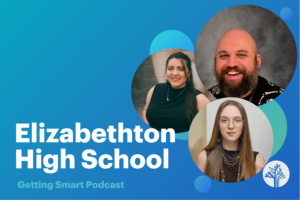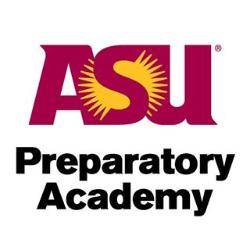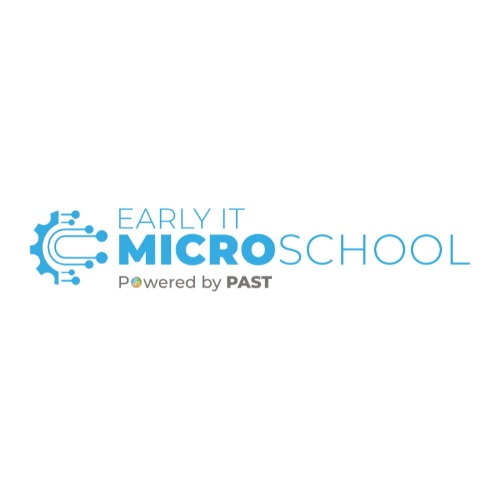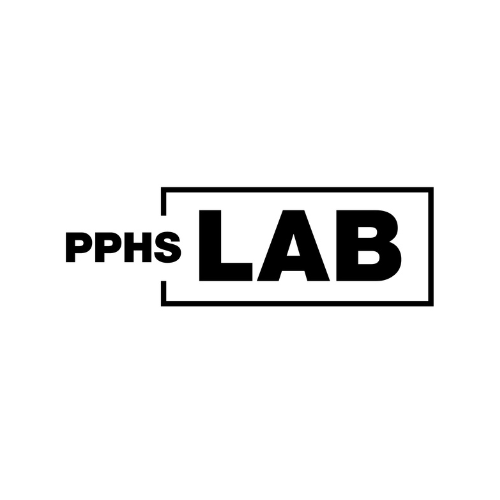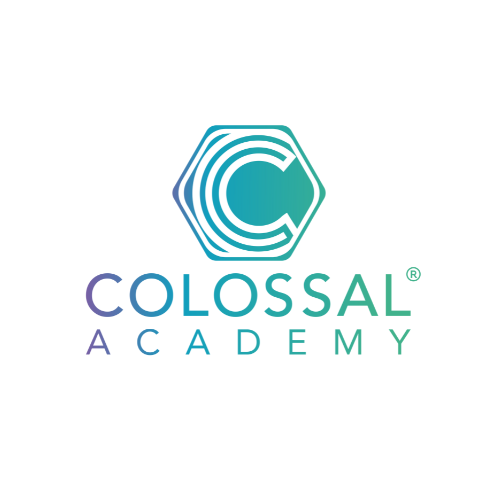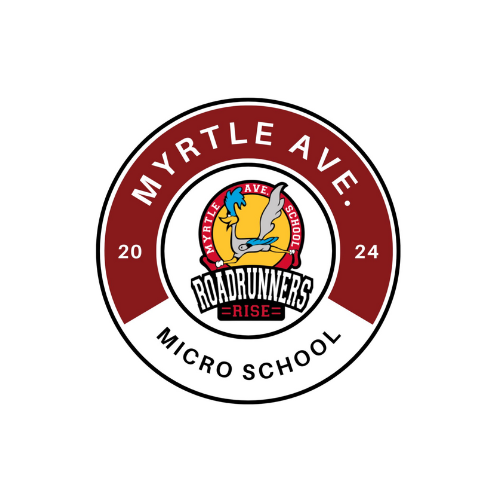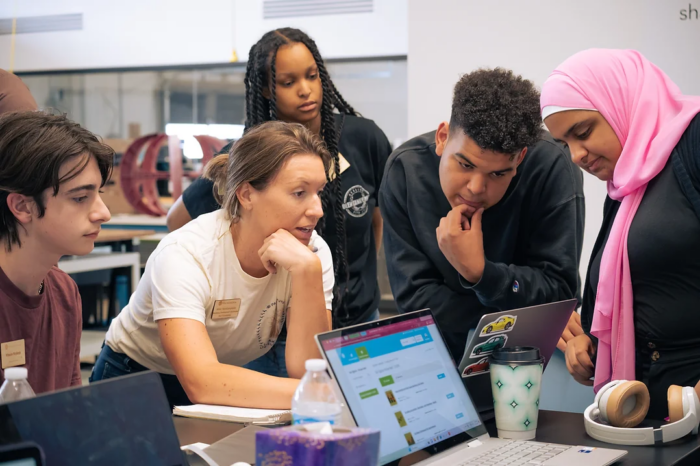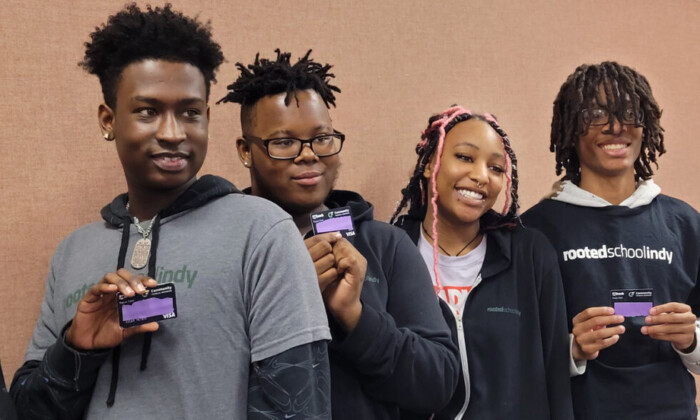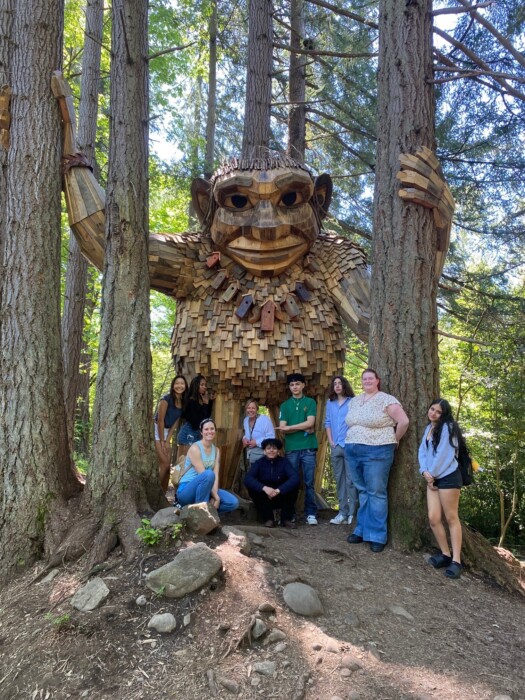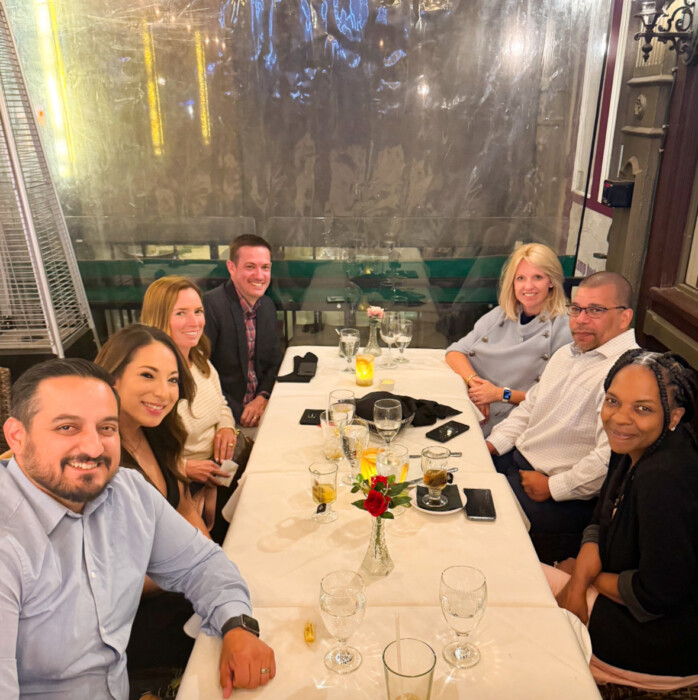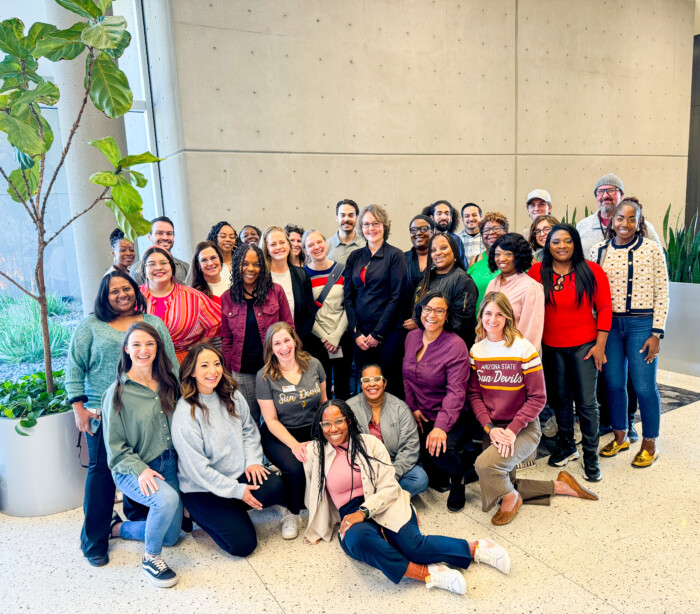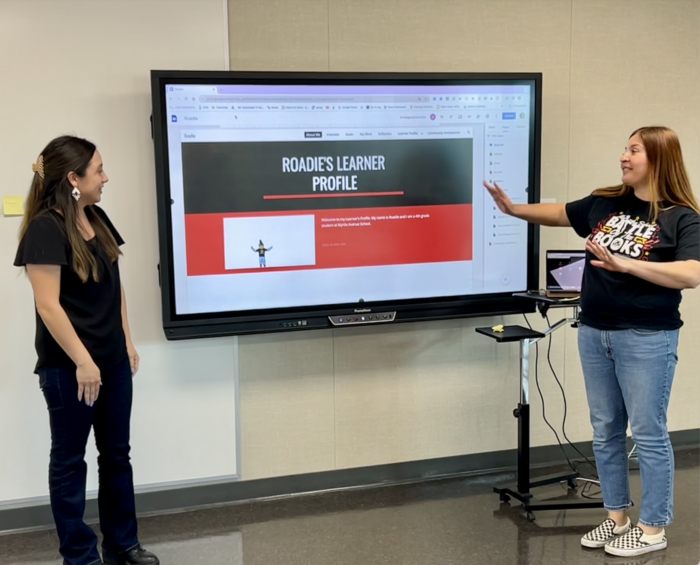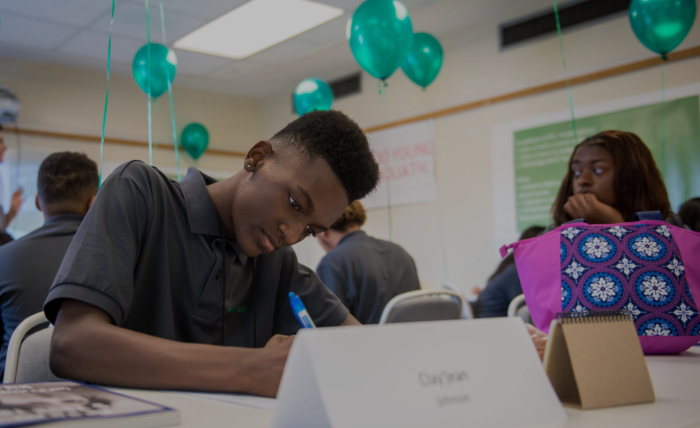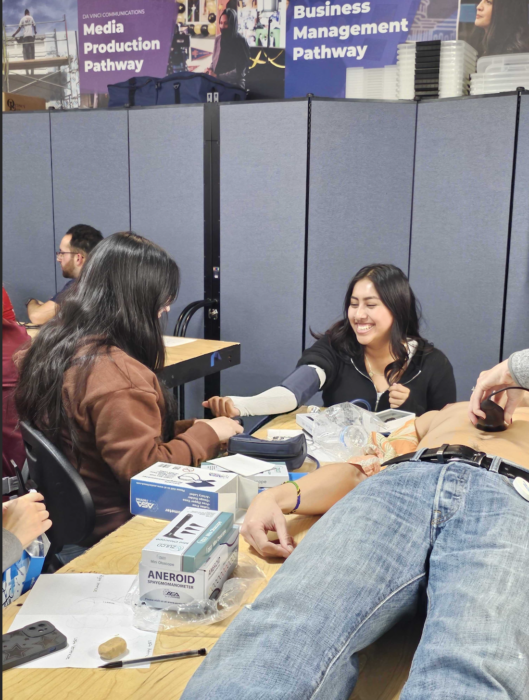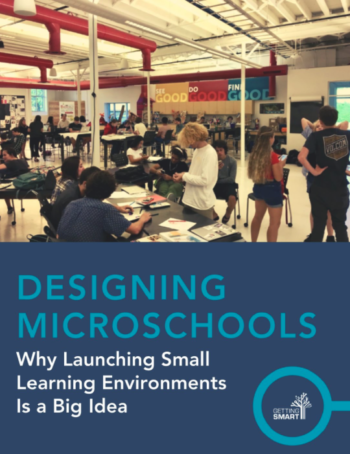Learning Innovation Fund
A Place For Every Learner
The Learning Innovation Fund is the grantmaking arm of Getting Smart Collective that makes innovation investments to ensure equity and access for every learner.
Big Push for Small Schools: Grants for Microschools
The Fund’s first grant program, A Big Push for Small Schools, is a multi-year initiative aimed at catalyzing innovation and growth in microschool models. These small schools, rooted in a historical tradition of cooperative and small-scale learning, are envisioned to become diverse, sustainable, and impactful alternatives within the educational landscape. The grant program focuses on promoting quality, equity, and accessibility by fostering a network of microschool leaders, providing technical assistance, and offering grants to propel the development of these innovative learning environments. Funding is provided by the Walton Family Foundation. While we are not actively funding any cohorts for the 2025-2026 school year, you can check out the announcement of our most recent cohort and learn more about them below.
If you’d like to stay in informed about future grant opportunities, please subscribe to our newsletter for updates.
Additionally, Getting Smart is facilitating a four-month Community of Practice for education leaders and leaders within public entities who are working to design, pilot, or expand innovative public microschool options. Grounded in the Public Microschool Playbook, participants will engage in expert coaching, peer collaboration, and the co-development of a Readiness Companion to support others pursuing similar public-centered innovations. Apply here.
Theory of Change
For microschools to be a high quality, equitable and sustainable option for all children, schools need technical support, communities of practice, and financial support. The key to scaling and sustainability is informal and formal microschool networks.
Meet Our Grantees
More Details
In addition to grantmaking, this project will also include knowledge creation, research, and community engagement. Through compelling storytelling, case studies, and community conversations, the campaign aims to amplify awareness of microschools’ potential, while also developing practical tools and resources for prospective school developers. A dedicated Community of Practice will also provide a platform for microschool leaders to collaborate, problem-solve and share insights. For more information on microschools, visit the Getting Smart microschool series page.


